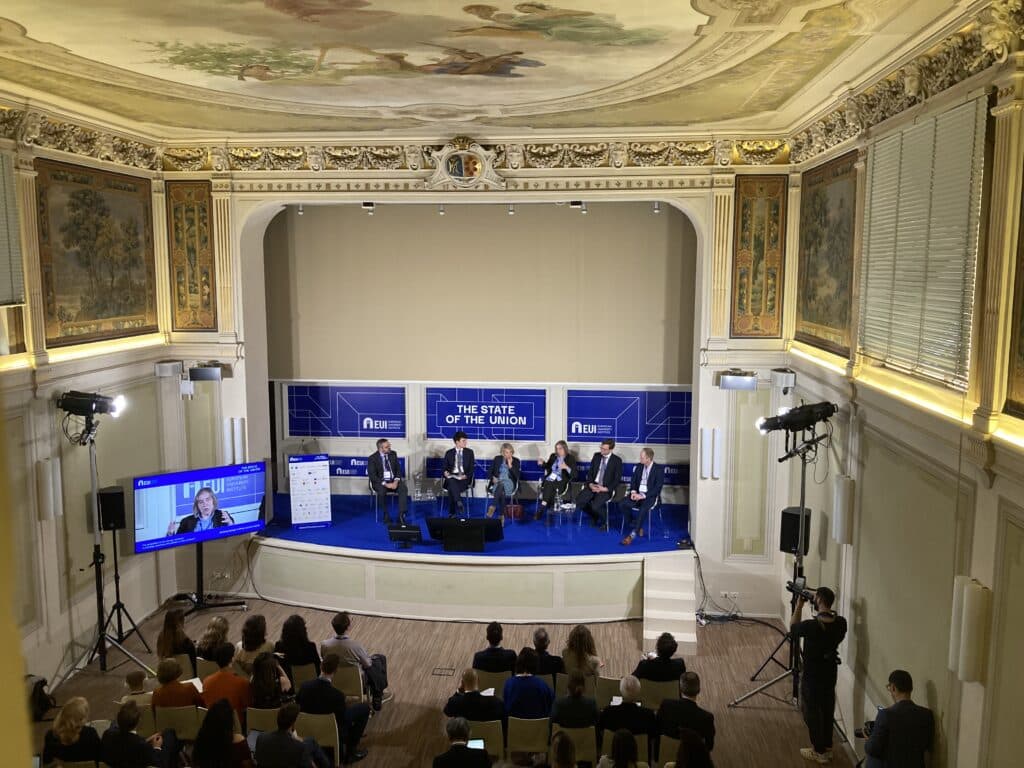In case you missed our recent webinar with Fabien Roques about carbon pricing, you can follow the full recording of the session here and see the presentation here.
Under the 2030 Climate and Energy Framework, the European Union has committed to EU-wide targets for the period 2021-2030 in the context of a long-term strategy to achieve a climate-neutral economy by 2050. Among these targets is a 40% cut in greenhouse gas emissions. The EU emissions trading system (EU ETS) is the cornerstone of the EU’s policy to combat climate change. It is the world’s first major carbon market and remains it’s largest. To safeguard the competitiveness of industries covered by the EU ETS, the European Commission has developed a framework to provide compensation for the sectors and sub-sectors deemed to be exposed to a risk of carbon leakage.
Carbon Leakage is defined as the situation that may occur when businesses trying to escape strict climate policies in their country transfer production to other countries with laxer emission constraints. This may cause an increase in carbon dioxide total emissions.
In this webinar, Fabien Roques reviewed the status of carbon pricing at global level and weighed the effectiveness of the EU ETS and its impact on competition across various industries before examining the theoretical framework established to deal with the risk of carbon leakage for the direct and indirect carbon costs that they face as a result of the EU ETS.
This webinar forms part of the Energy Union Law Webinar Series. For more on these please see our dedicated portal.







